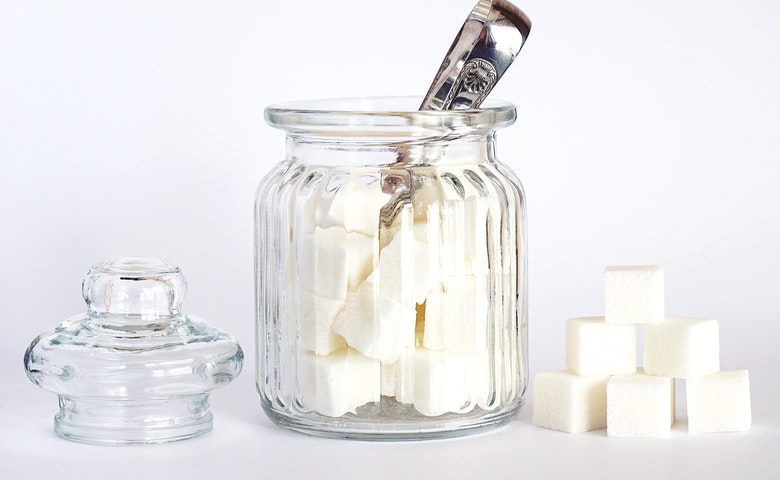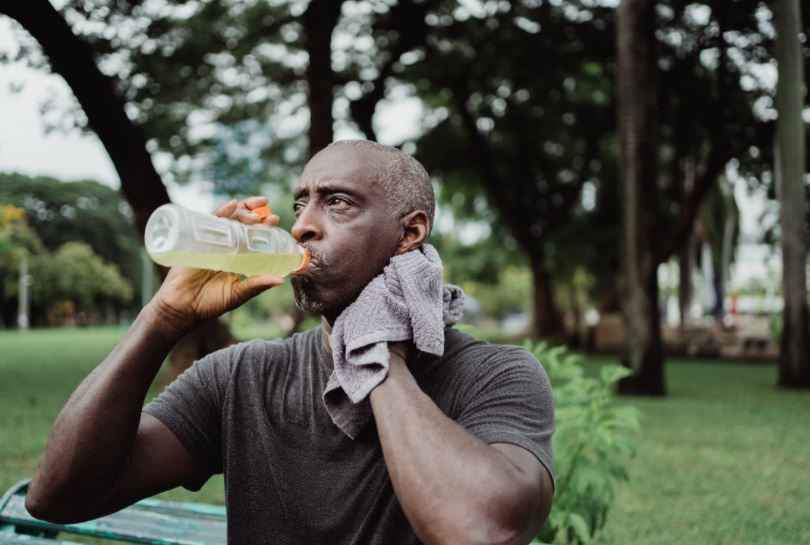A Guide to Replacing Processed Sugars with Natural Ones

Many people enjoy sweet foods and beverages made with refined white sugar. Refined sugar may come from natural sugar cane or sugar beets, but it can have several health disadvantages. It is high in calories but has little to no nutritional value. Studies have also found that high amounts of refined white sugar can lead to oral health problems, diabetes, obesity, heart disease, and reduced cognitive functioning. Artificial, “sugar-free” sweeteners like aspartame also face increased scrutiny due to potentially ill side effects.
Fortunately, there are natural sugar alternatives that can provide sweetness and numerous health benefits.
Stevia
A relative of the sunflower plant, stevia is a natural sweetener extracted from the leaves of a South American bush known as Stevia rebaudiana. It is rich in nutrients and phytochemicals, but it has no calories or carbohydrates. A component known as stevioside can lower blood pressure, blood glucose, and insulin levels.
Stevia can be up to 200 times sweeter than sugar, but it doesn’t have much of the ill effects of other artificial sweeteners. The American Diabetes Association has even added stevia to its list of recommended sugar alternatives.
How to Use Stevia
Stevia is a heat-stable sugar alternative perfect for baking, cereal, tea, coffee, and more. Since stevia can be up to 200 times sweeter than sugar, it is best to use less than the same amount as ordinary, refined sugar.
Coconut Sugar
Coconut sugar comes from the sap of the coconut tree flowers. The sugar is made by taking sap from the flower and then heating the sap to evaporate the sugar.
Coconut sugar is a good source of potassium and vitamin C, and it also contains trace amounts of zinc, iron, phosphorus, calcium, antioxidants, and other nutrients. It is also high in inulin, a soluble fiber that can help lower the glycemic index, slow digestion, and promote healthy gut bacteria.
How to Use Coconut Sugar
Coconut sugar is available as crystals, liquid, or blocks. It measures like regular sugar, but it is slighter coarser. To use coconut sugar in recipes, add the same quantity as refined white sugar.
While generally healthy, coconut sugar does have the same number of calories as regular sugar. As such, it is best to use coconut sugar in moderate amounts as well.
Honey
Honey is a thick, golden liquid made by bees from plant nectar. It contains high amounts of antioxidants, enzymes, and minerals, such as iron, potassium, calcium, phosphorous, vitamin B6, and niacin. Studies show that these nutrients can help support healthy gut bacteria and prevent diabetes, inflammation, heart disease, and cancer. Furthermore, honey has a low glycemic index that can help promotes healthy blood glucose levels and weight loss.
How to Use Honey
Once pasteurized, honey loses much of its natural health properties, so it is best to use raw honey. Generally, darker honey has a richer flavor and more nutritional benefits. For better nutritional value, it is best not to heat raw honey via baking. Instead, add the raw honey as a glaze or drizzle to finished baked goods. Honey also makes a tasty addition to cereals, fruits, toast, and even salads. There are many types of honey, like Manuka honey, that can help with energy levels.
Although honey has fewer calories, fructose, and glucose than white sugar, diabetics and others should still moderate their consumption. As an added precaution, children under the age of one should not consume raw honey because it contains Clostridium botulinum spores that can cause infant botulism, a rare but dangerous poisoning condition.
Maple Syrup
Maple syrup is a sweet, thick liquid made by cooking the sap of maple trees. It is a natural source of nutrients such as calcium, manganese, potassium and zinc, and antioxidants. Maple syrup also has high amounts of oligosaccharides, a simple carbohydrate that can help the body maintain healthy blood glucose levels.
How to Use Maple Syrup
Maple syrup is available in grades A and B. Grade B is darker and contains more nutritional benefits than lighter maple syrups. Since maple syrup is heat-stable, it is perfect for baking, marinades, sauces, glazes, and more. For a sweet drizzle, add maple syrup to fruit, oatmeal, toast, and granola.
While packed with nutrients and antioxidants, maple syrup is still high in sugar. It is still a better option than regular white sugar, but moderation is advised, especially for people with diabetes and other conditions.
Blackstrap Molasses
Molasses typically comes from boiled raw cane sugar that becomes a thick, sweet syrup. Blackstrap molasses comes from the third boiling, and it has a deeper flavor and higher concentration of nutrients. It is rich in calcium, iron, potassium, B6, and manganese. Compared to ordinary refined white sugar, molasses made with sugarcane or beets has higher amounts of antioxidants.
How to Use Blackstrap Molasses
Molasses has a rich flavor that some people may not like. Still, others use it to top toast, pancakes, oatmeal, and other foods. It is also a good sugar alternative for baked goods, sweet marinade for other dishes.
Fruit
It may seem obvious, but many people overlook fruit as a natural sweetener. Bananas, figs, dates, berries, and apples are all sources of fruit sugar. Most fruits are not only sweet, but they also provide nutritional benefits like potassium, vitamin C, iron, fiber, magnesium, and antioxidants. Fruit also has a lower glycemic index than refined white sugar, making it a healthy option to lower blood glucose levels.
Fruit can be eaten alone or incorporated in cereal, juices, smoothies, and more. Ripened fruits are even sweeter, and they make an excellent addition to baked goods, such as muffins and cobblers.
While there are various natural sugar alternatives, many of these are still a form of added sugar. Therefore, moderation is always the key to a healthy diet and lifestyle.
















